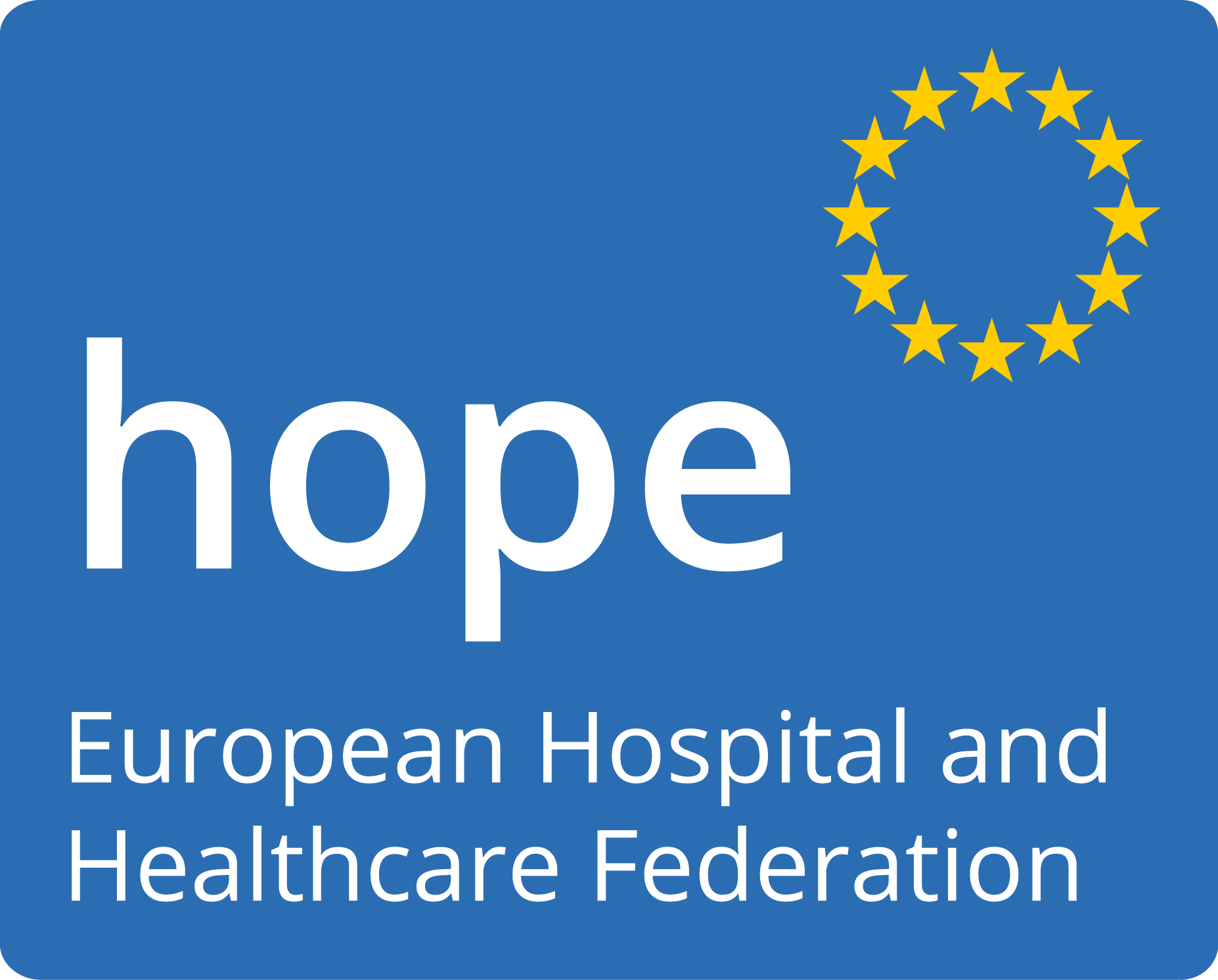Social dialogue is the process of negotiation by which different social partners reach an agreement to work together on policies and activities. At European level, social dialogue takes two main forms: “bipartite” when it brings together European employers and trade union organisations, “tripartite” when it also involves EU representatives.
The European social dialogue should complement the national practices of social dialogue which exist in most Member States. It has resulted in the adoption of over 60 joint texts by the European cross-industry social partners. It is also a mean by which the social partners assist in the definition of European social standards.
There are two approaches: cross-industry social dialogue and sectoral social dialogue.
Cross-Industry Social Dialogue
The cross-industry social dialogue takes place between the following organisations representing at European level workers and employers.
European workers are represented by:
- the European Trade Union Confederation (CES/ETUC), which groups together 77 member organisations in 35 European countries, as well as 11 European industry associations of trade unions, and has a total of 60 million members;
- the CEC European Managers (17 member organisations in 15 European countries);
- EUROCADRES (57 members organisations in 24 European countries, as well as 11 European industry federations).
European employers are represented by:
- BUSINESSEUROPE (formerly the Union of the Industrial Federations of the EEC countries – UNICE, 41 member federations in 35 countries);
- The European Association of Craft, Small and Medium-Sized Enterprises (UEAPME);
- The European Centre of Enterprises with Public Participation and of Enterprises of General Economic Interest (CEEP).
Sectoral Social Dialogue
In 1998, the Commission decided to introduce sectoral dialogue committees promoting the dialogue between the social partners in the sectors at European level. The social partner organisations must apply jointly to the European Commission in order to take part in a social dialogue at European level.
European social dialogue has given scope for action in the hospitals and healthcare sector since 2006. Workers are represented by the European Federation of Public Service Unions (EPSU) while employers are represented by the European Hospital and Healthcare Employers’ Association (HOSPEEM), with an agreement with HOPE. The dialogue has covered a range of issues including recruitment, health and safety and ageing workforce. For instance, HOSPEEM and EPSU adopted in 2013 the “Joint EPSU-HOSPEEM guidelines and examples of good practice to address the challenges of an ageing workforce in the healthcare sector”, which aims to provide a guidance in addressing different aspects related to age management policies such as flexible working arrangements, talent management and training, workforce planning and retirement planning.
What is the historical background in HOPE?
Early 90s, Georges Costargent, head of the French HOPE delegation at that time and Kris Schutyser, Secretary General of HOPE, first tried to convince HOPE members that to be more influential at EU level, HOPE should initiate European social dialogue in the hospital sector.
It started with a pilot project between several hospitals, financed by the European Commission in the FORCE programme. It was followed by preliminary talks with the Unions, a leaflet on social dialogue in hospitals and a conference organized with EPSU (European Federation of Public Service Unions) .
However, some HOPE members did not want at that time to structure social dialogue at European level for various reasons. As a consequence, HOPE stopped its initiatives. Then HOPE only participated as an observer during the informal discussions including the Task Force on social dialogue in hospitals and conferences dealing with this issue.
EPSU tried continuing to structure this European social dialogue and was able to convince CEEP (European Centre of Enterprises with Public Participation and of Enterprises of General Economic Interest) to join a Joint Representative Task Force on social dialogue in hospitals in 2002, following a process of informal social dialogue started between the two organisations in 2000.
Several HOPE members, involved for some time in those discussions and conferences, created HOSPEEM, the European Hospital and Healthcare Employers’ Association. HOPE Board of Governors decided in Rome on 21 November 2005 to sign an agreement setting out the relations between HOSPEEM and HOPE.
Since July 2006, HOSPEEM and EPSU have been officially recognised by the European Commission as European Social Partners in the Hospitals and Healthcare Sector Social Dialogue.
In March 2014, HOSPEEM and EPSU adopted the Joint Work-Programme for 2014-2016. The two broad thematic priorities that will lead the joint work are occupational health and safety, and recruitment and retention of healthcare workforce.
